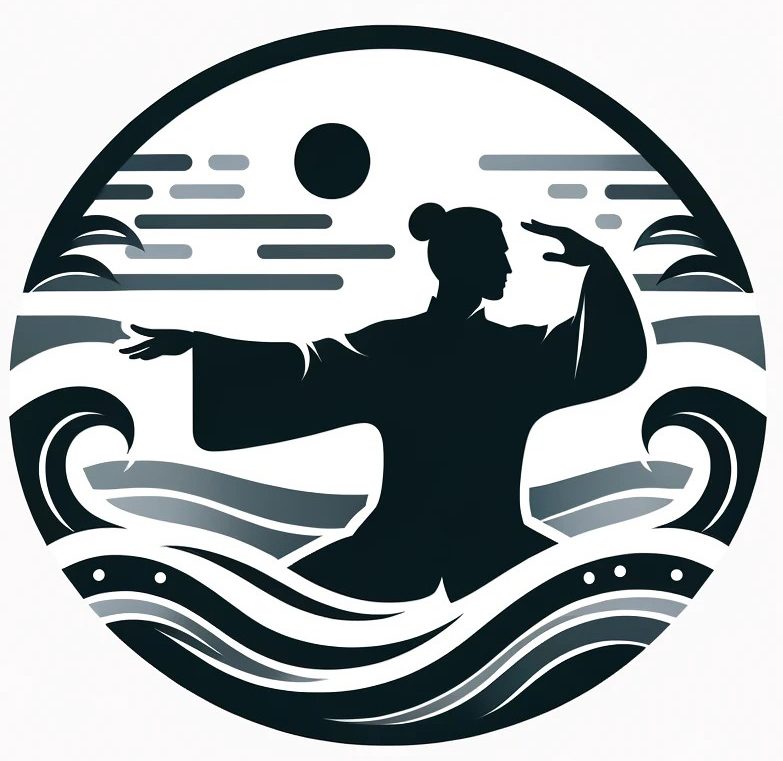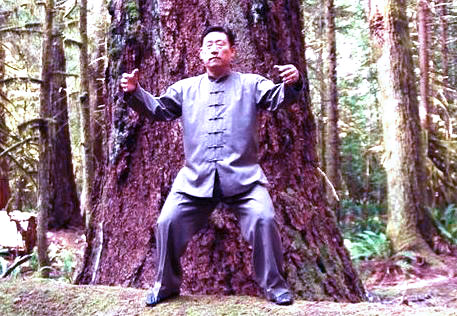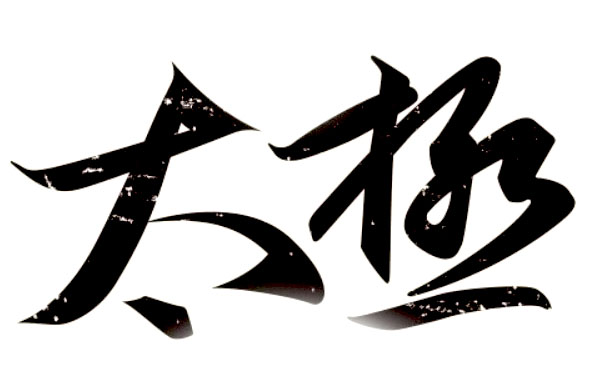Excellent Reads The Tai Chi Philosophy of My Mentor, Chen Xiaowang / Li Wenkui
My mentor, Chen Xiaowang, is a renowned Tai Chi master of our times. His mastery of Tai Chi Chuan is intricate and profound, with a unique and deep philosophy. He is also a person of humility and high moral standards. I am fortunate to have received his teachings, which have greatly benefited me. Studying and researching my mentor's views on Tai Chi, whether in relation to the art of Tai Chi itself or to work and life in general, can be immensely beneficial. My own understanding is limited, but I will attempt a preliminary exploration of his perspective on Tai Chi, hoping to enlighten Tai Chi enthusiasts:




